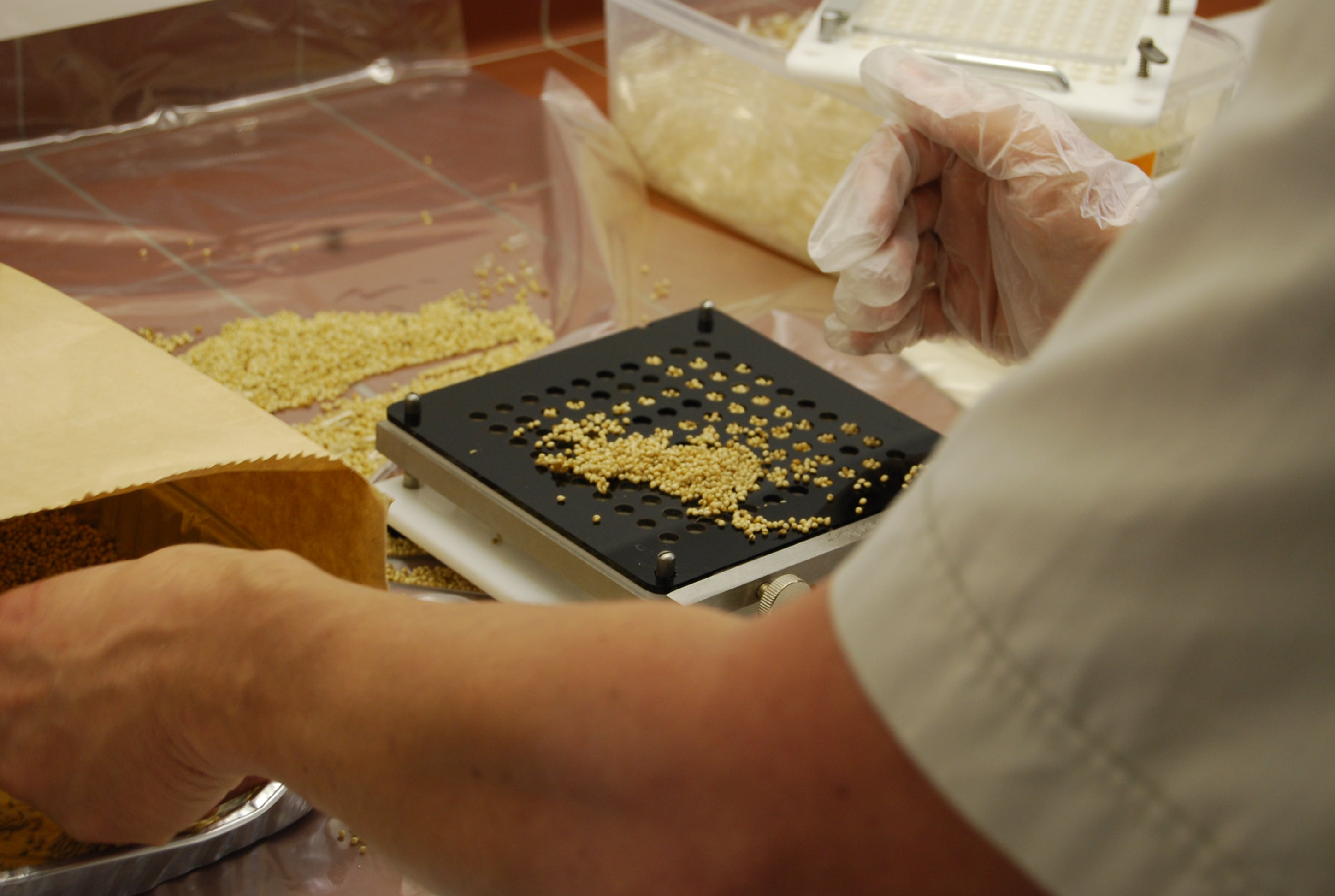The data, based on data and insights from the company’s ecosystem business-engagement platform Finder, showed a drop in overall activity in Israel’s technology sector last year.
Funding for Israeli tech as a whole in 2023 will reach nearly US$10 billion, factoring in undisclosed rounds and historical patterns of delays in publishing rounds. The disclosed funding currently stands at US$7.9 billion. That’s down from US$17.70 in 2022 albeit with fewer rounds, indicating “a more discerning yet strong investment environment”, the report said.
The dip is unsurprising given slowing investment and macroeconomic challenges globally. Meanwhile, the Israeli investment ecosystem entered the second half of the year in a bad way after a judicial overhaul proposed by the government at the start of the year spooked investors. Investor participation in investment rounds nosedived to the lowest level in nine years in the first half of 2023 and private funding by Israeli startups dropped 29% year-on-year to a five-year low.
The year also saw armed conflict reportedly costing the economy around US$260 million every day, with 15% of its workforce called to reserve duty.
Down, but still punching above its weight
Israel has a population of just over nine million yet boasts more start-ups per capita than any other country in the world. It still leads the world in research and development, according to the OECD, spending 5.6% of its GDP on R&D compared to a global OECD average of closer to 2.9%.
Having been forced to innovate to overcome unfavorable agricultural conditions, it is a trailblazer in the field of agri-food tech and is home to the second largest ecosystem in the world.
According to Startup Nation Central, as the world’s population grows and environmental changes reduce the availability of crops, livestock, and food, multinationals and global organisations are partnering with Israel’s agri-food experts to design innovative tech solutions that positively impact every stage of the food chain.
The share of rounds funded solely by a foreign investor increased last year from 36% to 46% and the share of these rounds out of the total funding amount grew from 30% to 44%.
Startup Nation Central’s 2022 report, meanwhile, revealed the agri-food tech sector was one of the stongest tech sectors in the country. Only the agri-food tech sector displayed a degree of stability with an increase in the number of funding rounds and the overall number of transactions stable compared to 2021.
Israel’s agriculture and food tech sector’s performance was mixed in 2023, however. Agri-food tech funding dropped to US$0.3 billion compared to US$0.55 in 2022. The sector maintained a stable number of companies, growing to 673 from 624, but funding rounds fell to 76 from 97 in 2022.
Despite the overall decline in total funding, funding of water and irrigation companies nearly tripled and reached US$138 million, accounting for 40% of the sector’s private funding.
Many startups are now transitioning to growth phases, concentrating on commercialisation and market expansion, setting the foundation for future substantial growth, the report noted.
The integration of advanced agricultural technologies, along with Israel’s entrepreneurial ecosystem, poises the agriculture and food tech sector for ongoing success and innovative breakthroughs, it said, with an increased focus on cellular agriculture, automation, and alternative proteins. This shift mirrors global trends in consumer preferences and food supply needs.
Cell ag success
Illustrating the focus on cellular agriculture, Israel has become the first country in the world to approve a cultivated beef. It is hoped the product, made by Aleph Farms, will be on restaurant menus soon.
Israel-based Forsea Foods also has also recently unveiled the first cultivated eel prototype. Other recent fundraises include SeeTree, which has raised over US$60 million to become a leader in data-driven tree production optimisation. Another company, GeneNeer, has successfully closed a US$1 million seed round to support the acceleration of its gene editing technology for rapid crop seed innovation.
According to the Startup Nation Central report, the most watched top 10 companies are Remilk, Taranis, CropX, BeeHero, PoLoPo, Sufresca, SupPlant, BugEra, Imagindairy and the aforementioned SeeTree.
Sector leading investors are Milk & Honey Ventures, OurCrowd, The Kitchen FoodTech Hub, BioMeat Foodtech, and InNegev.
Alon Turkaspa, ag and food tech sector lead at Start-Up Nation Central described the current performance of Israel’s agtech sector as ‘resilient and advancing.’ “Despite challenging circumstances, the sector has demonstrated robustness, highlighted by several strong Series A funding rounds,” he told AgTechNavigator. “This resilience is a testament to the innovation and adaptability inherent in Israel’s agtech landscape.”
A split in investor sentiment for 2024 prospects
Startup Nation Central also conducted a survey of investment firms and multinational corporation leaders active in the Israeli tech ecosystem to understand the industry’s expectations for 2024 following a turbulent 2023.
This revealed optimism regarding Israel’s resilience and ability to overcome challenges. MNCs with a presence in Israel are confident in Israel’s tech ecosystem with 88% planning to maintain or expand activity in Israel. Investors are not as confident, however, with 52% indicating investments will decrease in 2024.
Investors did show optimism regarding M&A and IPO activity, with 60% and 54% expecting M&As and IPOs respectively to increase or remain stable in 2024.
Despite agri-food tech’s success, the AI and cyber tech sectors will continue to lead in 2024 with defence tech gaining in prominence.
Start-Up Nation Central CEO Avi Hasson said: “Looking to 2024, the outlook is cautious but optimistic. We hope the ecosystem’s bedrock of innovation, global partnership, and proven resilience will steer it through uncertainty toward a continued growth trajectory.
“With investments in Israel leveled down to 2019 numbers, the main challenge is attracting investment to the Israeli tech ecosystem and preserving human capital – Israel’s most significant asset. At Startup Nation Central we foster investment opportunities while supporting local companies and promoting the efforts of multinational companies in Israel.”





